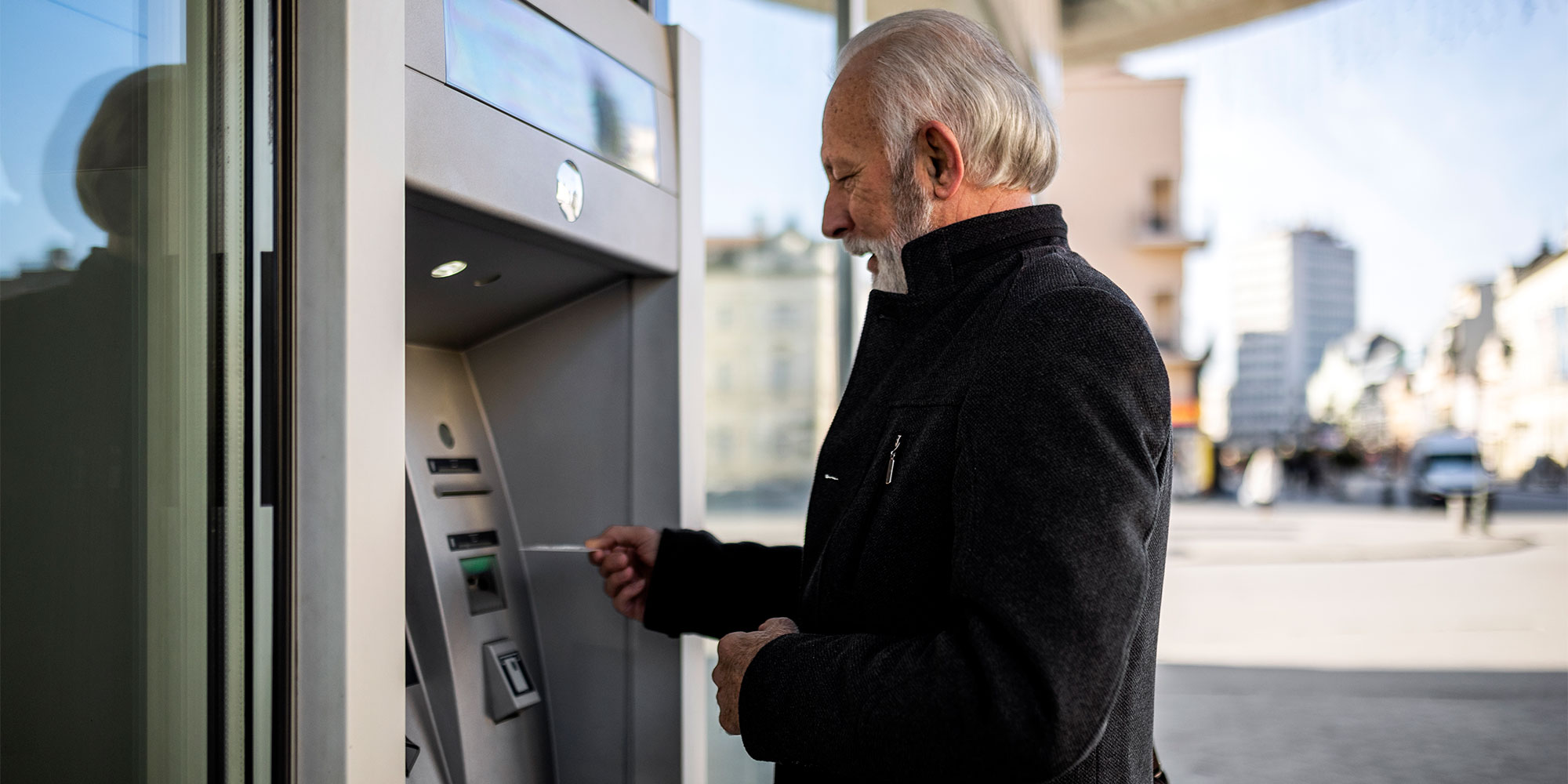
Make money make sense
Make every penny count with expert, impartial advice for just £49 a year
Join Which? Money

Basic bank accounts are for people who don't qualify for other types of current account because they have a poor credit history.
They offer basic, fee-free facilities for receiving money and settling bills, but without any overdraft facility.
They can be a lifeline for people who have faced financial difficulties in the past. But because they're not as profitable as other accounts, banks and building societies haven't done a good job of advertising them.

Make every penny count with expert, impartial advice for just £49 a year
Join Which? Money
We've ranked the best basic current accounts by bank customer satisfaction, as voted by the general public.
RECOMMENDED PROVIDER Nationwide FlexBasic (590) | 84% | 18 | £500 | Branch, internet, app, phone, post, Post Office |
Bank of Scotland Basic Account (186) | 77% | 18 | £800 | Branch, internet, app, phone, post, Post Office |
Metro Bank Current Account (93) | 77% | 11 | £300 | Branch, internet, app |
Barclays Basic Current Account (1035) | 76% | 18 | £500 | Branch, internet, app, post, Post Office |
Ulster Bank Foundation Account (55) | 76% | 18 | £300 | Branch, internet, app, phone, post, Post Office |
Lloyds Basic Account (762) | 75% | 18 | £800 | Branch, internet, app, phone, post, Post Office |
eco buy The Co-operative Bank Cashminder (87) | 75% | 16 | £250 | Branch, internet, app, phone, post, Post Office |
NatWest Foundation Account (544) | 74% | 18 | £300 | Branch, internet, app, phone, post, Post Office |
Royal Bank of Scotland Foundation Account (192) | 73% | 18 | £300 | Branch, internet, app, phone, post, Post Office |
Bank of Ireland UK Basic Cash Account (59) | 73% | 16 | £500 | Internet, app, phone, Post Office |
HSBC Basic Account (503) | 72% | 16 | £300 | Branch, internet, app, phone, post, Post Office |
Halifax Basic Account (542) | 71% | 18 | £800 | Branch, internet, app, phone, post, Post Office |
Santander Basic Account (548) | 71% | 16 | £300 | Branch, internet, app, phone, post, Post Office |
Virgin Money M Saver (137) | 71% | 16 | £350 | Branch, internet, app, phone, post, Post Office |
TSB Basic Account (216) | 67% | 18 | £500 | Branch, internet, app, phone, Post Office |
Table note: Data correct as of November 2025. Customer score: Our rating for customer satisfaction, based on feedback from real customers. The score is made up of a customer's overall satisfaction with the brand, and how likely they are to recommend that brand to a friend. We surveyed 6,665 members of the general public in August 2025. Sample size in brackets. Our full table includes scores and star ratings for all banks.
New basic bank accounts have a suite of features that make them attractive to people who have a poor credit history, or have struggled with debt in the past. These include:
Banks will review their basic accounts and might move you on to a more appropriate current account if your financial circumstances change (they must give at least two months' written notice).